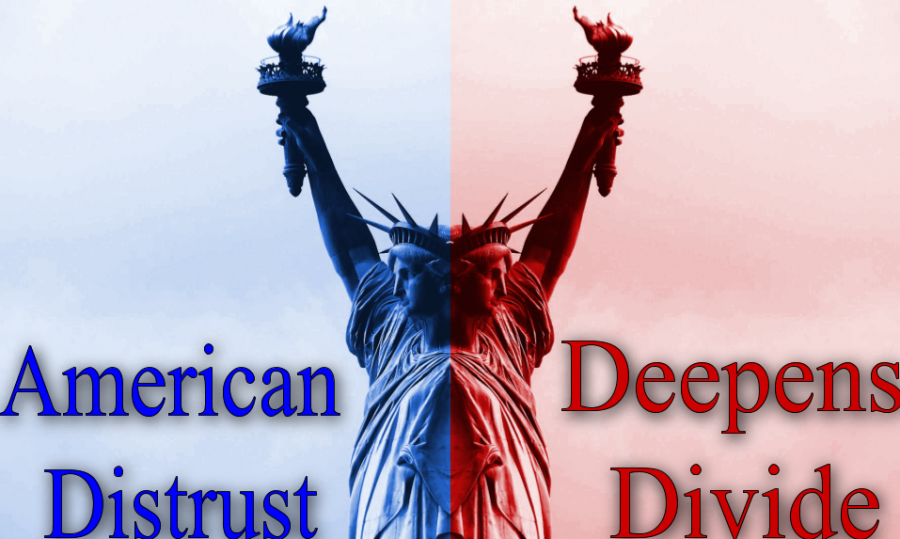
Li Yan, Director of President's Office, China Institutes of Contemporary International Relations
Feb 05, 2026
Partisan polarization, electoral pressures and factional strife function together, driving Trump to take a tough stance abroad as his main tool in his political gamesmanship.
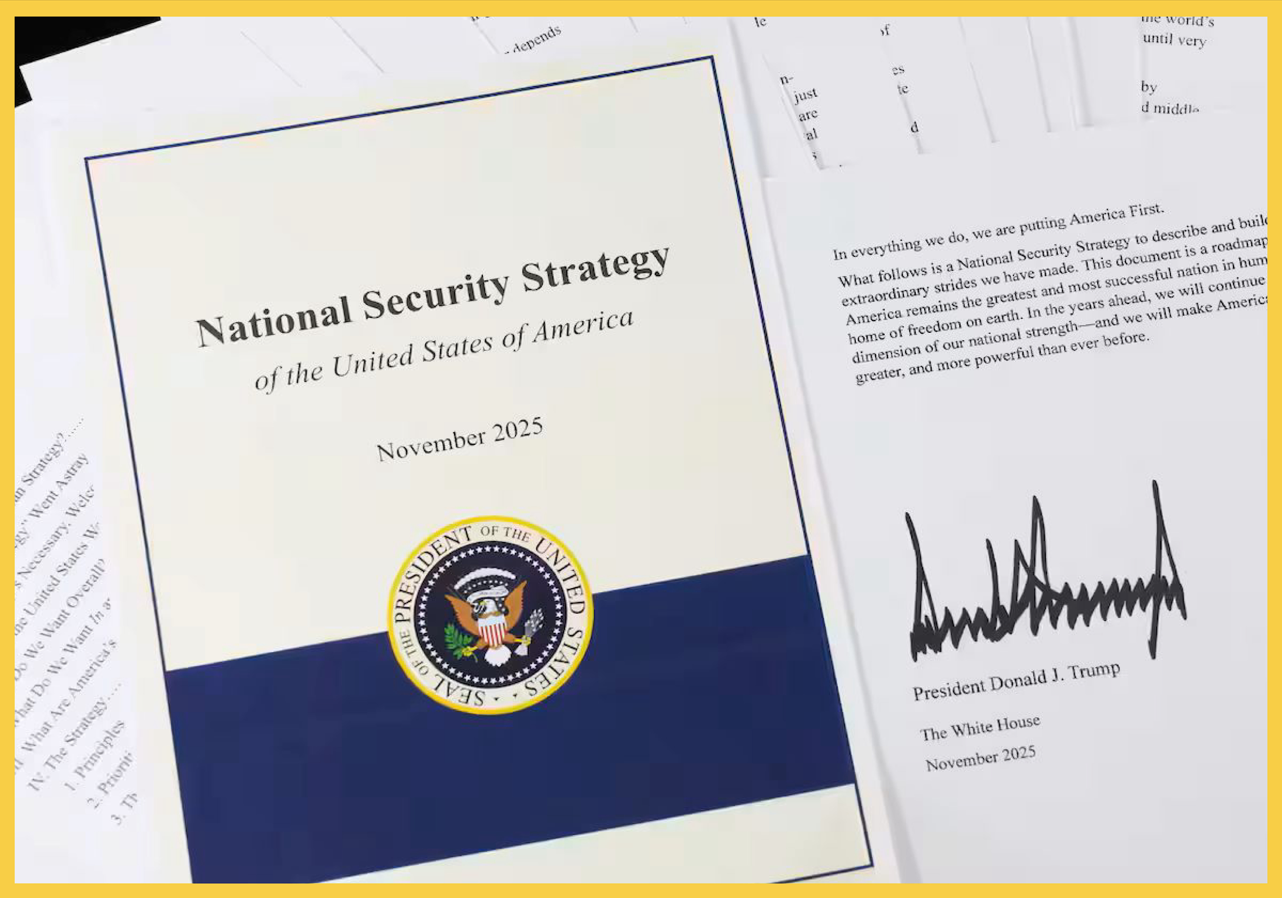
Wang Lei, Assistant Research Fellow, Institute of World Political Studies, CICIR
Jan 30, 2026
The U.S. president’s strategic shift is not temporary. It represents a medium- to long-term trajectory that stems from the confluence of simmering contradictions and various domestic and international factors.
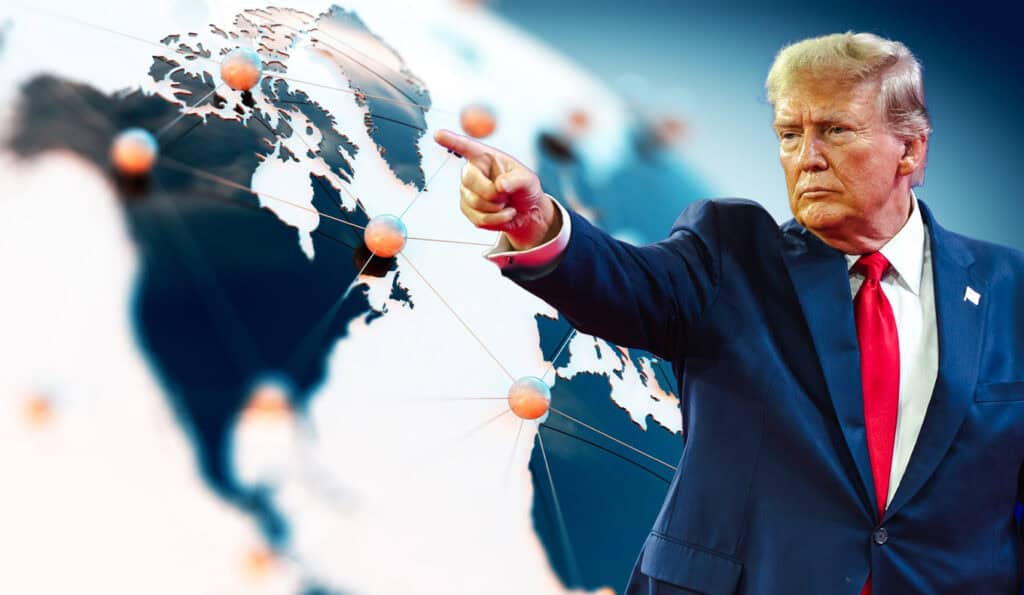
Han Liqun, Researcher, China Institutes of Contemporary International Relations
Jan 23, 2026
Over the past year, territorial expansion, military intervention, economic coercion, resource plundering and withdrawal from international agreements have become hallmarks of Donald Trump's imperialism. He is expected to continue to pursue more in the days to come.
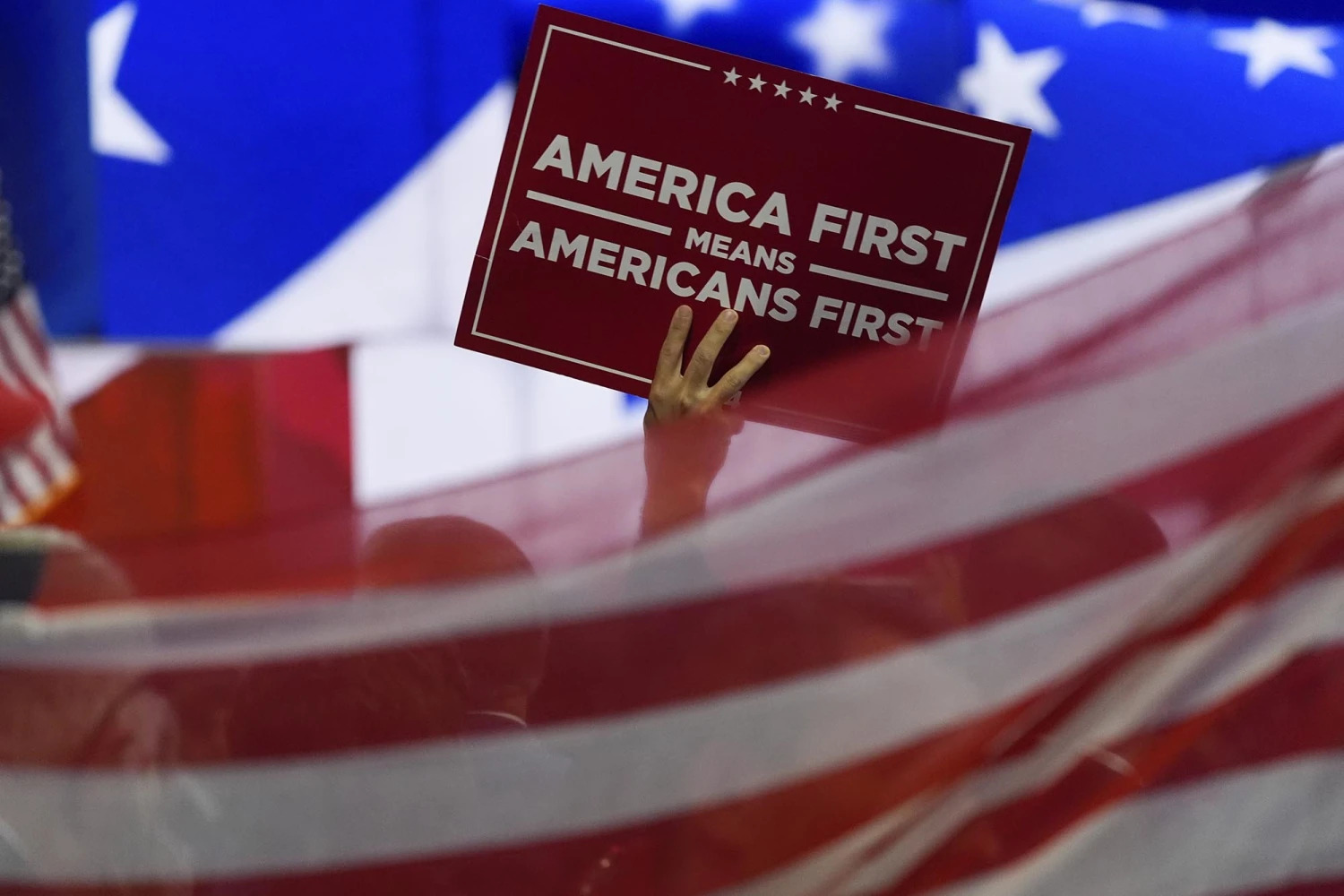
Vera Songwe, Nonresident Senior Fellow at Brookings Institution, Founder and Chair of the Liquidity and Sustainability Facility
Bernice Lee, Distinguished Fellow and Special Adviser, Chatham House
Jan 13, 2026
“There’s no question about it,” US President Donald Trump said at this month’s FIFA World Cup Final Draw ceremony: The game that Americans call soccer “is football,” and the United States has to “come up with another name” for its National Football League (NFL).

Warwick Powell, Adjunct Professor at Queensland University of Technology
Dec 22, 2025
In the waning days of 2025, the United States unveiled its National Security Strategy (NSS), a document that reads less like a blueprint for global dominance and more like the confessions of a fading hegemon. Penned in the shadow of economic strains, industrial atrophy, and military overstretch, the NSS trumpets “America First” while subtly shifting the burdens of empire onto allies.

Diao Daming, Professor at School of International Studies and Deputy Director of Center for American Studies, Renmin University
Dec 19, 2025
The new White House National Security Strategy provides a critical window for understanding America’s view of the roles of major powers and the international order. But Donald Trump’s brash and unpredictable personal characteristics are a wild card that will keep the world in suspense.
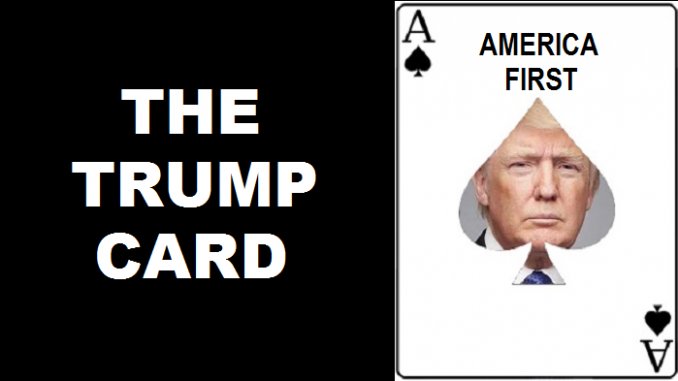
Li Yan, Director of President's Office, China Institutes of Contemporary International Relations
Nov 05, 2025
Maximum pressure, transactional thinking and an emphasis on spheres of influence all define Donald Trump’s approach to diplomacy and give concrete form to his “America first” ideology. In a world undergoing turbulent change, the impact and destructive effect of this approach demand vigilance.
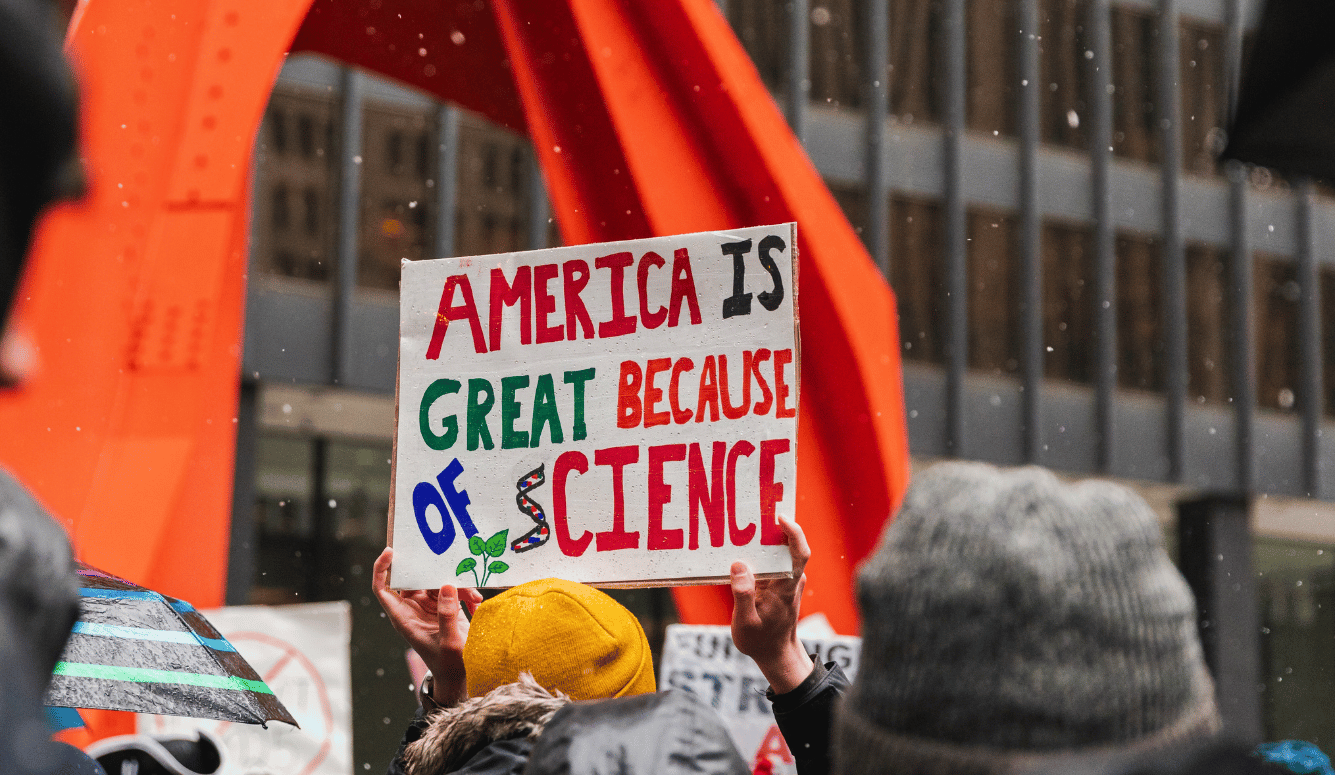
Li Zheng, Assistant Research Processor, China Institutes of Contemporary International Relations
Nov 05, 2025
Donald Trump and his supporters have neglected the historical role of science as the primary productive force behind America’s economic and military hegemony — an oversight that could put the United States at a disadvantage in the new round of global technological competition.
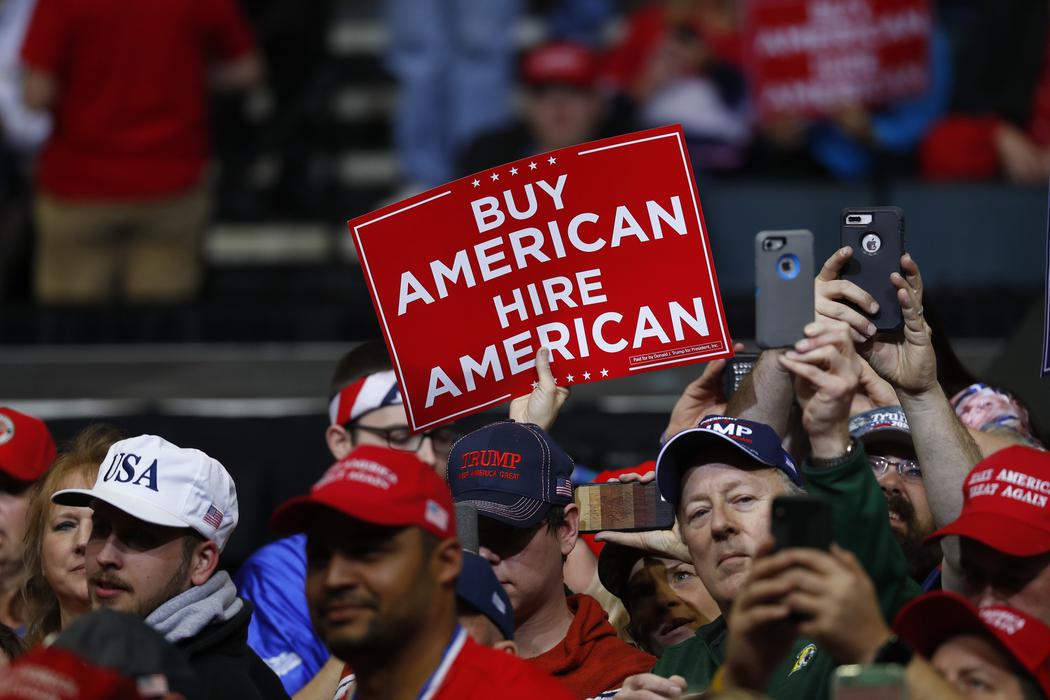
Ma Xue, Associate Fellow, Institute of American Studies, China Institutes of Contemporary International Relations
Oct 27, 2025
Donald Trump’s tariffs — the cornerstone of his economic agenda — are closely linked to inflation, revenues, spending and the reshoring of manufacturing. They are the key to assessing Trump’s economic impact, but they come with profound uncertainty.
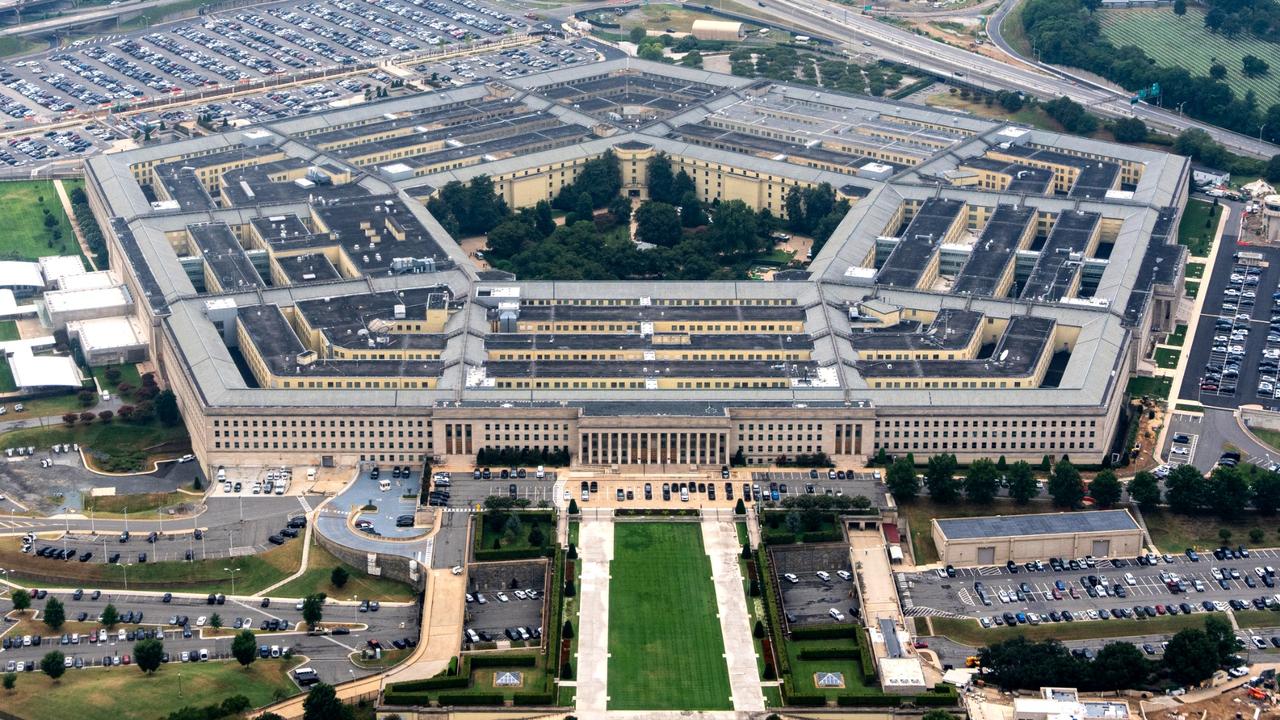
Guo Xiaobing, Director of the Center for Arms Control Studies, China Institutes of Contemporary International Relations
Oct 22, 2025
The Trump administration’s emphasis has shifted toward homeland security and the security of the Western Hemisphere. At the same time its deeply contradictory and confused mindset on Taiwan is dangerous and could lead the military astray.
Back to Top

- China-US Focus builds trust and understanding between the U.S. and China through open dialogue among thought leaders.
- Our Offerings
- Topics
- Videos
- Podcasts
- Columnists
- Research Reports
- Focus Digest
- Stay Connected
-
Thanks for signing up!
- Get the latest stories from China-US Focus weekly.